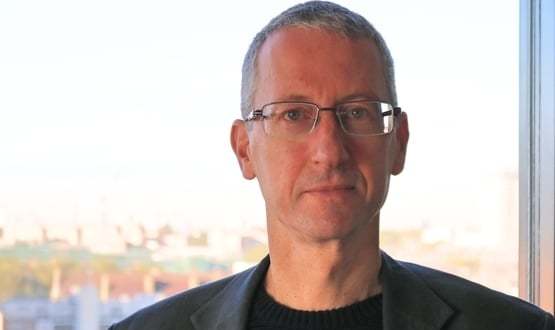Google Deepmind recruits government health tech managers
- 13 October 2016

Google’s artificial intelligence research lab has recruited a former Department of Health executive and an NHS trust IT director as it continues its push into healthcare.
DeepMind, has employed Will Cavendish, a former director general in the Department of Health, and Tony Corkett, the previous interim IT director at King’s College Hospital NHS Foundation Trust.
Since the start of 2016, the DeepMind team has doubled its team from 20 to 40 staff.
Cavendish, who has been on secondment to the Cabinet Office since February 2016, was the lead on innovation, growth and technology at the Department of Health.
He is now the strategy lead for DeepMind Applied, a job role that includes shaping the business’ work “to achieve global and significant social impact with sustainable business models”.
While a civil servant, Cavendish was part of the 2014 launch of MyNHS, which aimed to improve transparency of health data. He was also involved in the 2009 Change4Life, the NHS campaign to eat healthily and take more exercise.
Corkett’s new title is partnerships on DeepMind’s health team, and working with partner trusts “to put DeepMind’s technologies into practice”.
Corkett is the director of IT consultancy firm, Cloud 21, and before moving to the supplier sector he worked for NHS Eastern and Coastal Kent Primary Care Trust, the Sussex Health Informatics Service, and NHS Connecting for Health as a programme director.
The new members of the team will be working alongside Mustafa Suleyman, DeepMind's co-founder and Dominic King, the company’s clinical lead.
Suleyman said in a statement, “we need many different types of expertise if we’re to build tools that have real clinical impact, integrate well with the needs and existing infrastructure of the NHS, and set ever higher standards for privacy and security”.
“We’ll be working hard to deliver on the promise of positive impact for the NHS and those, like us, who depend on it.”
DeepMind’s interest in the NHS has been under public scrutiny after a high profile partnership with the Royal Free London NHS Foundation Trust to create an acute kidney injury calculator was widely criticised over its use of patient data.
Currently there are two other NHS research projects with the NHS. Moorfields Eye Hospital NHS Foundation Trust is trying to apply DeepMind’s machine learning algorithms to automatically detect and segment eye scans and University College London Hospitals NHS Foundation Trust is partnering with the company to investigate head and neck cancer.
To help its public image and increase patient involvement, DeepMind held its first large-scale patient and public event last month.
However, media reports from the meeting found the company’s ambitions rather alarming in terms of access to medical records and patients’ consent.
In a statement in response, DeepMind said data used in partnership with NHS trusts “is held to the highest level of security and encryption in a dedicated data centre in England, and isn't shared with Google”.
Google bought DeepMind for £400m in 2014. DeepMind Health, which builds clinician and patient led technology with partners across the NHS, was launched in February 2016.



